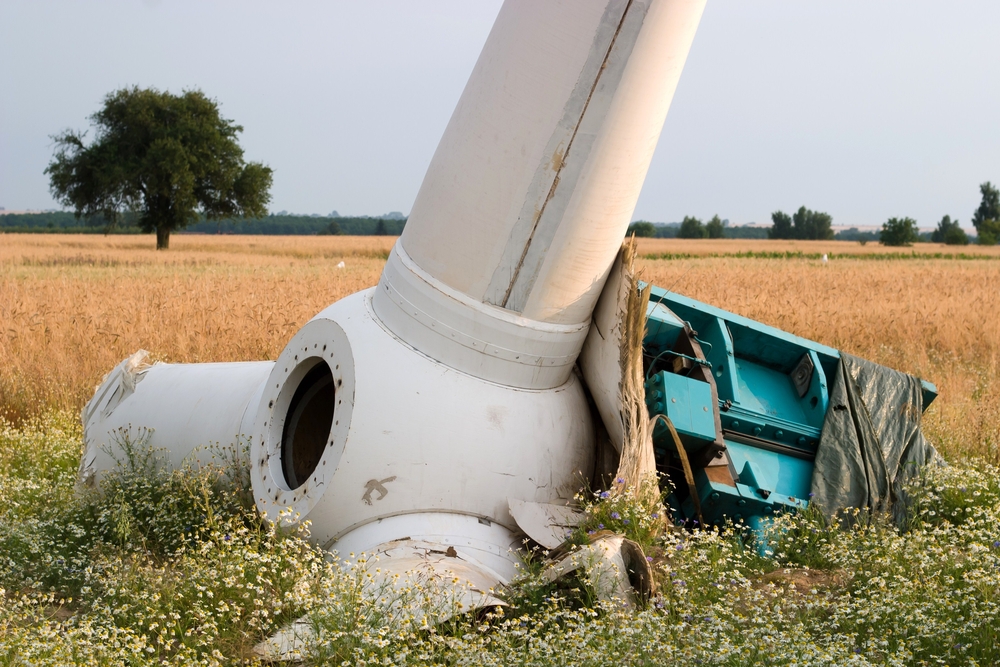A new op-ed by Curter W. González, a policy analyst in the Armstrong Center for Energy and the Environment at Texas Public Policy Foundation, featured in the Austin American-Statesman highlights the need for oil and gas, even if a city makes a pledge for 100 percent renewable energy. The piece highlights how Georgetown, Texas has claimed to switch to 100 percent renewable energy, without being able to guarantee that pledge:
“Well, the lights will stay on, because the Texas grid operator, the Electric Reliability Council of Texas, will ensure power is available to meet demand. But ERCOT makes no guarantee of 100 percent renewable sourcing and, as electrons don’t have fingerprints, Georgetown won’t be able to guarantee that its electricity is from renewables. In fact, its energy mix would combine all sources known to the Texas grid.”
The piece went on to explain how a pledge like this would be unsustainable on a larger scale:
“Even though renewable energy’s reliability issues are mitigated by the existence of dispatchable energy sources such as coal and natural gas, the system is only kept afloat by citizens being forced to pay for the backup. And the greater renewable energy use grows, the more expensive and unsustainable the system becomes. It’s obvious: If every Texas city adopted Georgetown’s model, we would have an energy supply that is extremely unreliable and a burden on taxpayers’ pocketbooks. The bottom line is that 100 percent renewable simply is not doable.”
Like González, Scott W. Tinker, the state geologist of Texas and director of the Bureau of Economic Geology at The University of Texas recently highlighted the negative environmental effects of renewable energy and reached the conclusion that a more informed conversation needs to take place on the challenges and benefits of all energy sources:
“The unfortunate reality is that all energy, at scale, has environmental effects. We are better served in the long run by open, fact-based conversations in our schools, workplaces, governments and universities about the challenges and benefits of all energy.”

